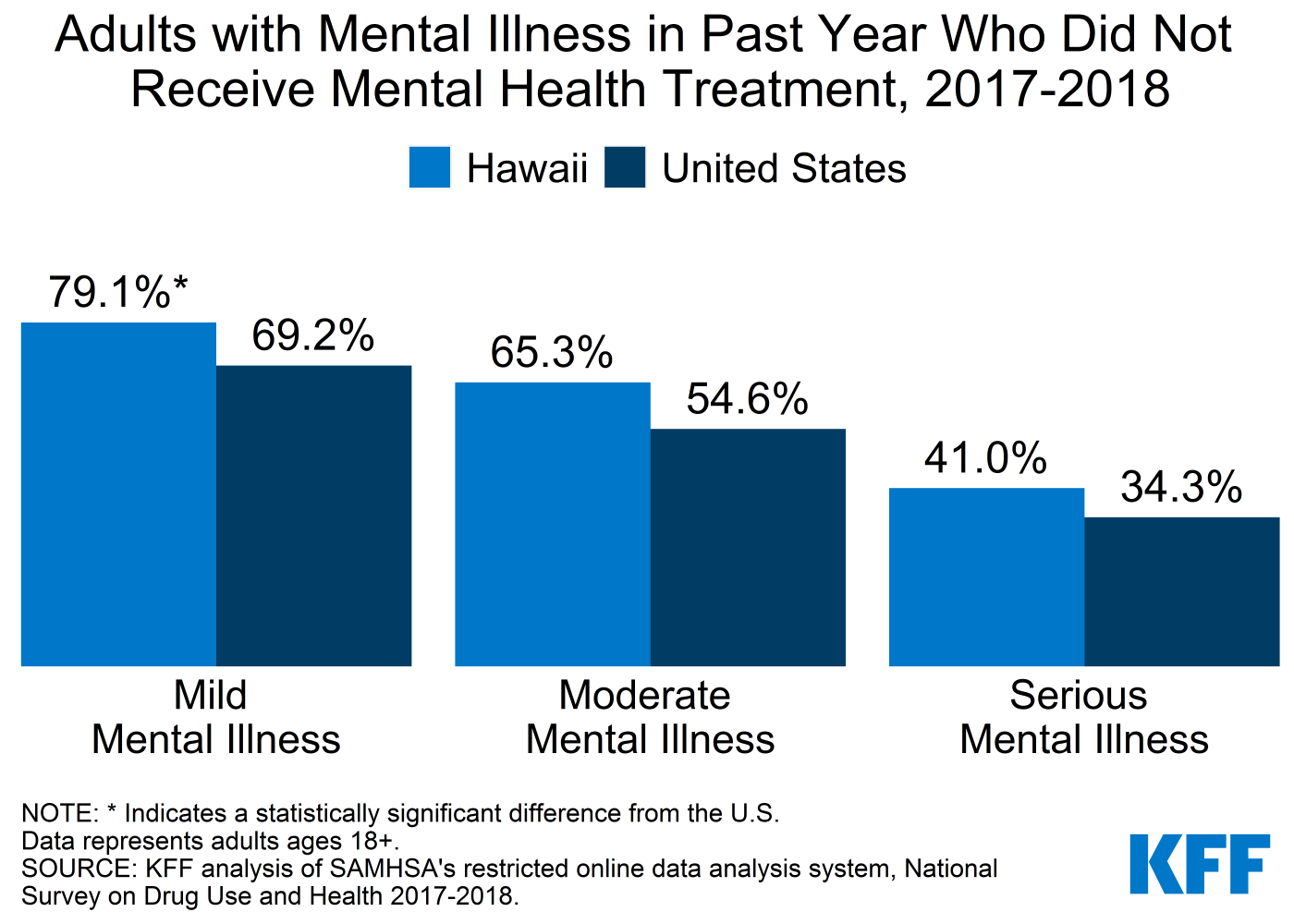

Certainly, an in-depth study should be carried out on the stress the coronavirus problem may be producing in society as a whole. All these developments have taken place very quickly, and they were probably unimaginable before December 2019. One of the most important measures has been to isolate the population in their homes, avoiding all social contact and participation in public gatherings, along with encouraging strict hygiene measures, especially handwashing with soap and water. The situation that led to the coronavirus problem has prompted governments to intervene directly by enacting emergency measures that could prevent and, at the same time, slow the spread of COVID–19. COVID–19 was declared a pandemic by the World Health Organization on March 11 th, 2020 (World Health Organization, 2020). The infection is highly contagious and transmitted through direct contact with the virus in the host’s respiratory tract. There, an outbreak of pneumonia with an unknown cause attracted international attention due to its rapid spread and resistance to known medical treatments (Wang et al., Reference Wang, Horby, Hayden and Gao2020). COVID–19 is a rapidly spreading infectious disease that was first detected in December 2019 in China, specifically in Wuhan City, Hubei Province. This coronavirus is known as SARS–CoV–2, and the disease that causes it is known as COVID–19 (an acronym for “coronavirus disease”).

The research we carried out was motivated by the new coronavirus (CoV) pandemic. Our recommendation is to use deontological and utilitarian, or non-moral, content. Institutional messages aimed at promoting public health behaviors are necessary in a pandemic situation. Regarding beliefs about the behavior of others, the message of ethical virtue has the same negative effect, but only on the likelihood of other people washing their hands, staying at home, and sharing the public health message. The message with content referring to ethical virtue and staying at home obtains statistically significant lower scores on the probability of carrying out public health behaviors and sharing the message received. Our study includes the analysis of the possible moderating effect of the country of residence (Spain n = 1,122, Chile n = 1,107, and Colombia n = 1,433). These variables are measured in terms of their behavioral intentions and others’ behavioral intentions (beliefs about others’ behavior). In our study, the sender of the message is a university professor. Analyze whether the content of three moral messages (deontological, ethical utilitarianism, ethical virtue) and a control message differentially affect the probability of engaging in four behaviors: Washing their hands, participating in public gatherings, staying at home/avoiding social contact, and forwarding the message to inform more people.


 0 kommentar(er)
0 kommentar(er)
